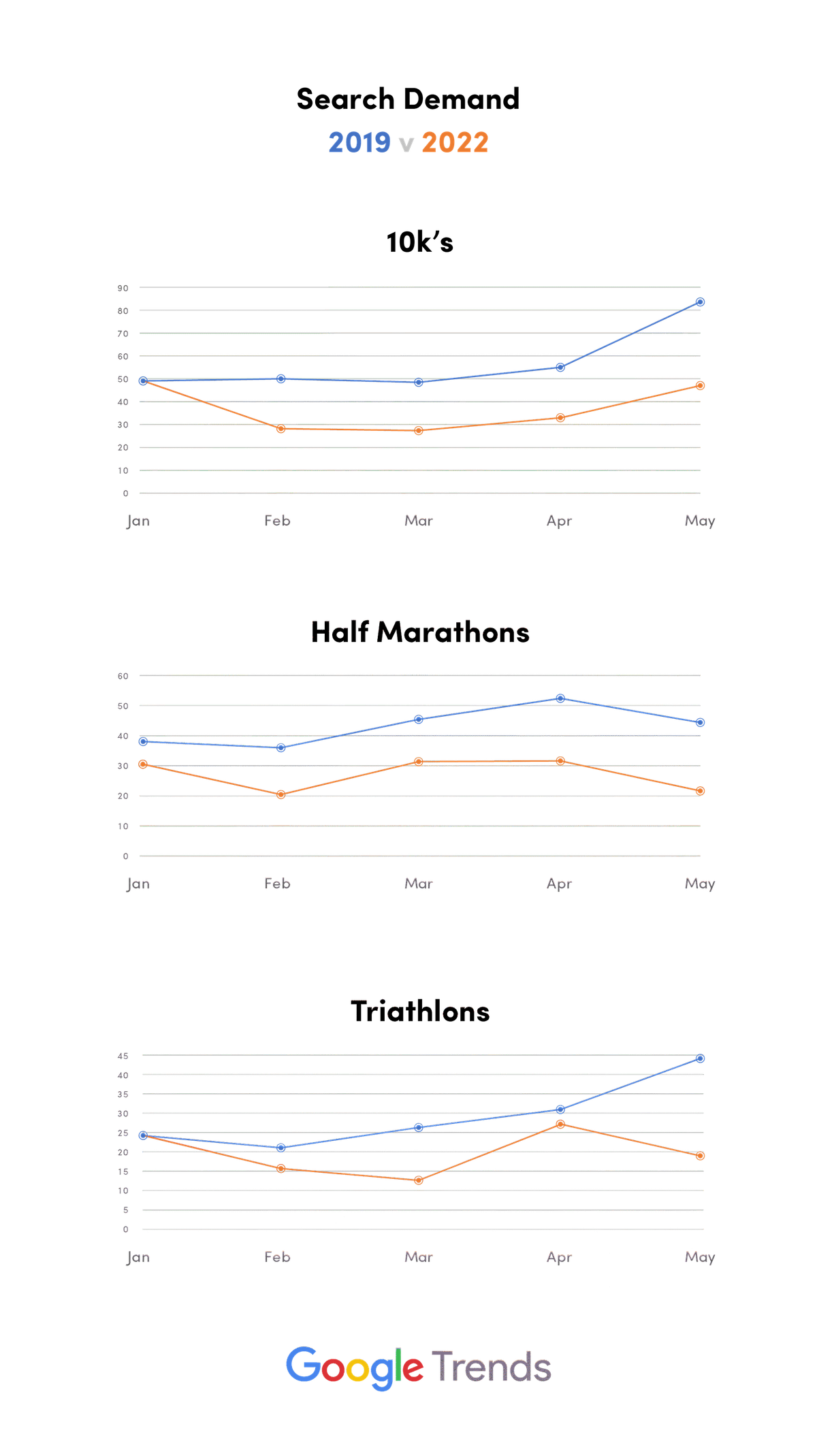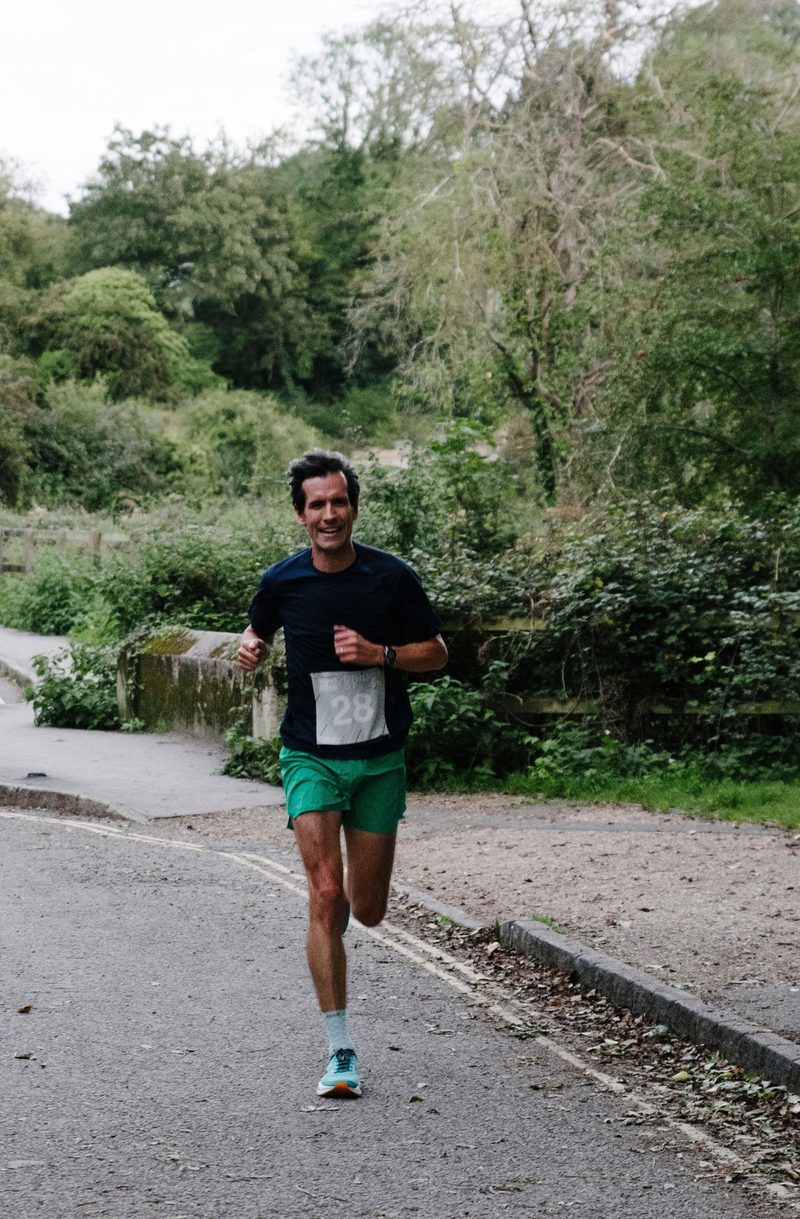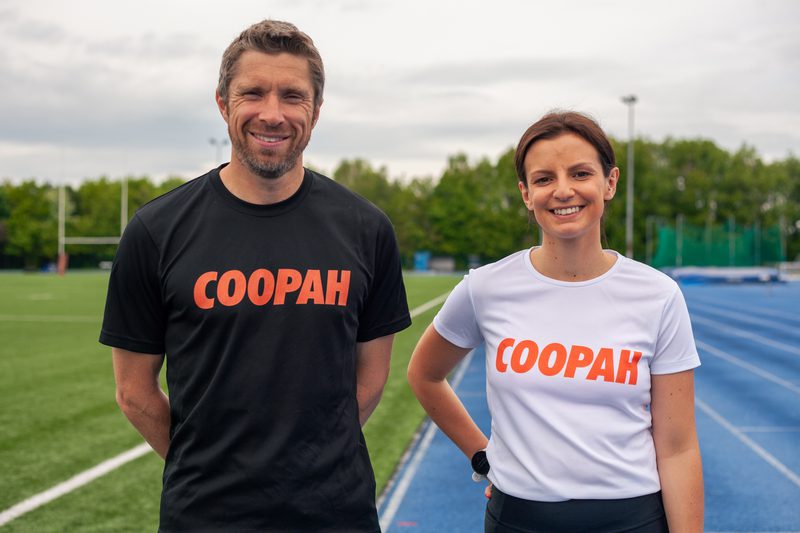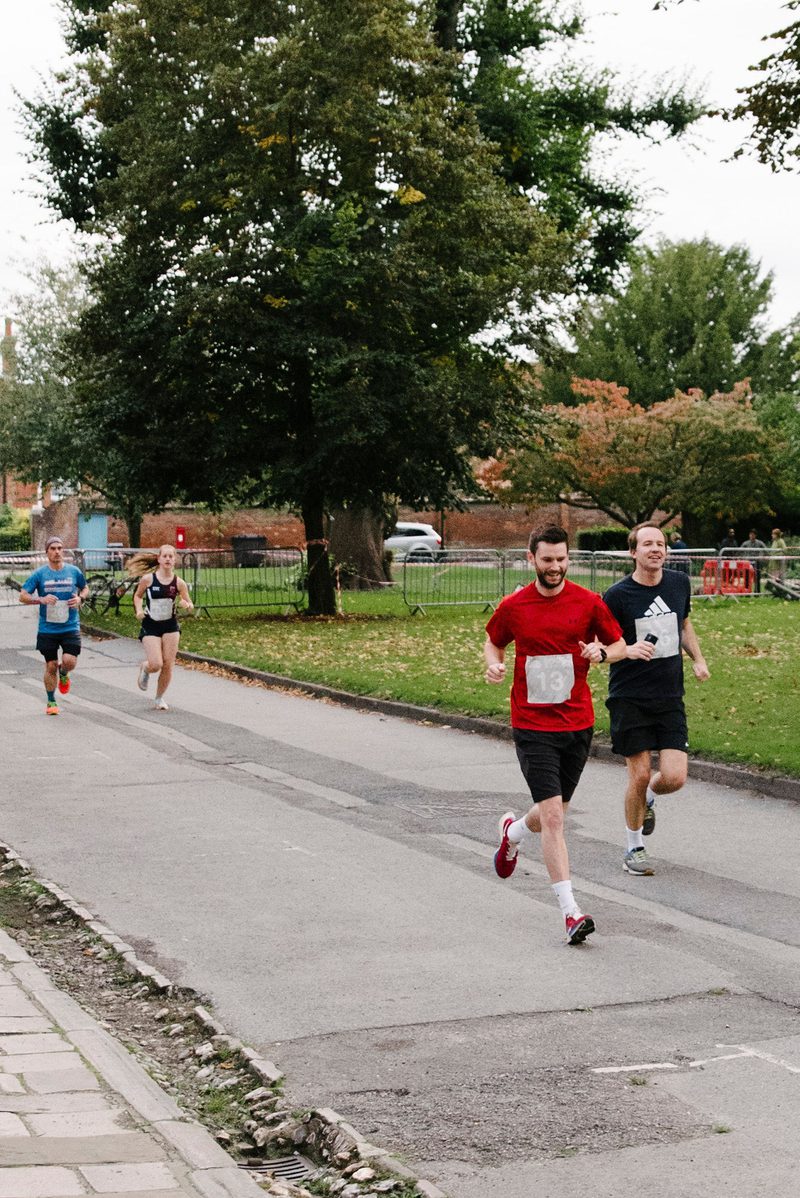Where are the 7 million lockdown runners?
We’ve been having lots of chats with event organisers over the past few weeks about the current state of mass participation events. There’s a general feeling that the industry is experiencing a bit of slump. With our relatively unique insight across all different types of events, we decided to look into what’s going on.
To start with our own analytics we’ve looked at like-for-like bookings for races. Comparing 2022 with the same period in 2019.
Our research shows that, as expected, across-the-board bookings are significantly lower this year than in 2019.
All event types are impacted but by far the biggest difference is seen in running events. Like-for-like, events are seeing an average 26% less bookings compared with 3 years ago.
Diving deeper we found that the largest drop is visible on half marathons and 10k's which are both experiencing 30-35% fewer bookings.
More challenging events appear to be faring better with ultramarathon bookings relatively flat and triathlon entries dropping by 15%.
This suggests that the more casual racer is yet to return to events.
The broader picture
To see where the drop is coming from we looked at Google Trends search data for the same period. These graphs show the number of searches for different race types and provide a good indication of interest in racing right at the top of the funnel.
The data is indexed so a month with 100 would be the most searches there have ever been and a month with a score of 50 would be half as many searches.
Here you can see search demand for 10k, Half Marathon and Triathlon race-related terms since the start of 2022 compared with 2019.

The drop here is clear. Whilst in January demand was similar for all event types the decline since then has been significant. People searching for 10k's are an average of 42% down since February. Interest in half marathons has dropped between 30% to 52% and drop in searches for triathlons ranges from 12% in April to 52% in March.
It's important to bear in mind the affect of the changes to the UK race calendar. With events such as the London Marathon still not in their usual time of the year. It will be interesting to see how these comparisons continue across 2022.
Why is there such a drop?
On one level it’s pretty intuitive. With a cost of living crisis we all tighten our budgets and spending on entertainment, experiences and luxuries is the first thing to go.
A recent survey from KPMG found that so far this year 31% of people are spending less on things they want. Half of those were spending less on experiences. From our point of view racing firmly fits into this bracket.
This accounts for some of the drop but there seems to be more to it. Changing habits during the pandemic may not have been as beneficial for mass participation as last year's surveys on lockdown joggers suggested.
The best way to see this is looking at parkrun's data. The cost of living crisis should not have a direct impact on parkrun attendance. However, looking at their participation numbers there is a very significant drop.
A report from September 2021 showed that attendance post-pandemic was down by up to 15%.
For this year parkrun attendance is around 23% down on the same period in 2019. You can see all of those numbers here.
Parkrun have put this down to people having broken their previous good habits and young runners staying away. Something that is likely to be the same across the paid racing sector too.
What does the future look like?
Event organisers, and their suppliers, are clearly in for a difficult period. Rather than the much-anticipated boom from pent-up demand, it seems that changing habits of lockdown might not have been so positive for the racing industry.
With concerns of a fully blown recession on its way, the immediate future is likely to be turbulent. But there's nothing to suggest demand won't return as we move through the cost-of-living crisis and new habits emerge, it's just likely to take longer than hoped.
As runners, cyclists and triathletes, we'd love to get your thoughts on the future of events. Survey request coming soon :)
More from the blog

Remembering the race day buzz
13 May 2024
One of findarace's founders, Jacob, recently decided to take on Always Aim High Event’s Legend series. Having not entered a race since the pandemic here's some…
Read on
New Year Goals
29 Dec 2023
Our training partners, Coopah, share their tips for how to set goals at the start of the year.
Read on
How To Start Your Running Journey
13 Nov 2023
We are excited to announce we have partnered with Coopah Run Coach, the 5 star rated training app, who provide personalised training plans to help you achieve…
Read on
findarace run club 5km
10 Oct 2023
Last Wednesday saw the first ever findarace.com run club 5k race. No one got lost and there were more than enough bananas. We're calling it a great success.
Read on